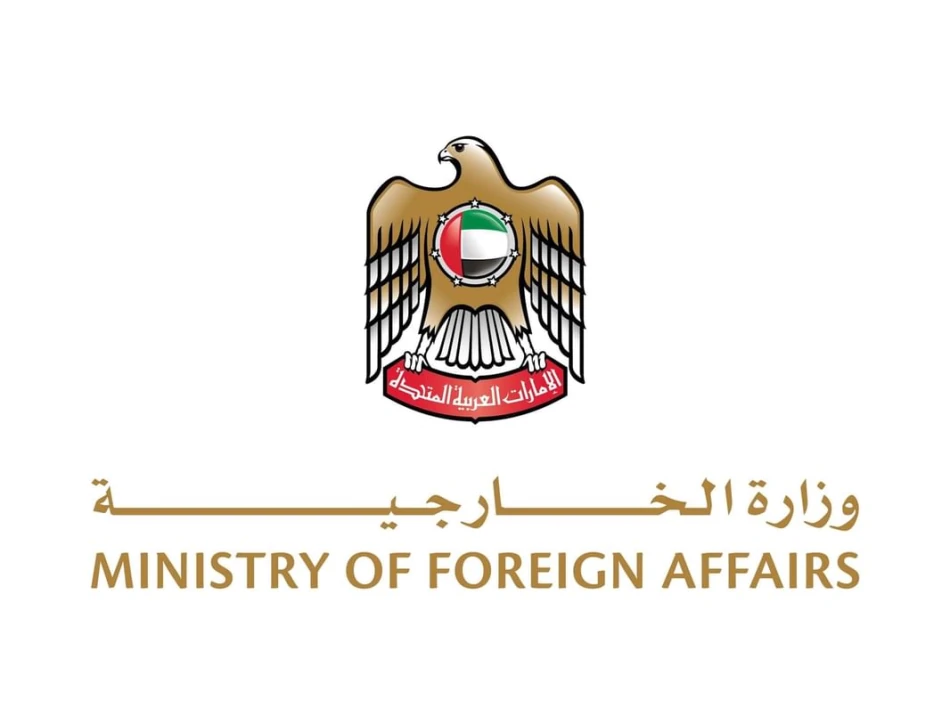
Innovative UAE Travel Card Launched by Ministry of Foreign Affairs
UAE Launches Comprehensive Digital Travel Card to Support Citizens Abroad
The UAE Ministry of Foreign Affairs has unveiled a new travel services card that consolidates essential consular services into a single digital platform, marking a significant step forward in the country's digital government transformation. The initiative reflects the UAE's commitment to providing seamless support for its citizens traveling overseas while demonstrating how modern diplomatic services can leverage technology to enhance citizen experience.
Comprehensive Service Integration
The Emirati Traveler Services Card bundles multiple critical services under one platform, addressing common pain points faced by citizens abroad. The centerpiece is the "Tawajudi" (My Presence) service, which enables individuals and families to pre-register their travel plans with authorities—a digital evolution of traditional consular registration processes.
Perhaps most notably, the card includes a 30-minute emergency document issuance service for situations involving lost, damaged, or expired passports, as well as documentation for newborns needing to return to the UAE. This rapid response capability addresses one of the most stressful scenarios travelers face abroad, where traditional consular processes can take days or weeks.
Real-Time Travel Intelligence
The platform features an interactive travel guidance page that updates in real-time based on destination-specific information. This dynamic approach to travel advisories represents a shift from static government travel warnings to personalized, actionable intelligence that adapts to changing conditions on the ground.
Citizens also gain access to a dedicated emergency hotline (009718002424) specifically designed for UAE nationals abroad, creating a direct channel to consular assistance.
Strategic Distribution and Accessibility
The cards are being distributed at key departure points—Abu Dhabi's Zayed International Airport and Dubai International Airport during holiday seasons—ensuring maximum reach during peak travel periods. The QR code-based system allows instant access to all services from any location with internet connectivity, transforming the physical card into a gateway to digital services.
Regional Leadership in Digital Diplomacy
This initiative positions the UAE alongside other forward-thinking nations in digitizing consular services. While countries like Estonia have pioneered digital government services and Singapore has streamlined citizen services through technology, the UAE's approach specifically targets the travel experience—a natural focus given the country's position as a global aviation hub and its citizens' high mobility.
The timing is particularly strategic as international travel rebounds post-pandemic, with governments worldwide recognizing the need for more agile, responsive consular services. Traditional embassy services, often criticized for bureaucratic delays, are being reimagined through digital platforms that can operate 24/7 across time zones.
Implications for Government Service Delivery
From a governance perspective, this initiative demonstrates how the UAE continues to leverage its technological infrastructure to enhance citizen services. The integration of pre-registration, emergency services, real-time information, and rapid document processing into a single platform suggests a sophisticated backend system capable of coordinating between the Ministry of Foreign Affairs and diplomatic missions worldwide.
The 30-minute document issuance capability, in particular, indicates significant digitization of verification and approval processes that traditionally required manual review and physical document handling. This level of automation in consular services could become a benchmark for other nations seeking to modernize their diplomatic operations.
For UAE citizens, the card represents more than convenience—it's a digital safety net that travels with them, providing peace of mind that assistance is readily available when needed. As international travel becomes increasingly complex due to evolving regulations and geopolitical tensions, such comprehensive support systems may become essential tools for maintaining citizen mobility and confidence in overseas travel.
Most Viewed News

 Sara Khaled
Sara Khaled






